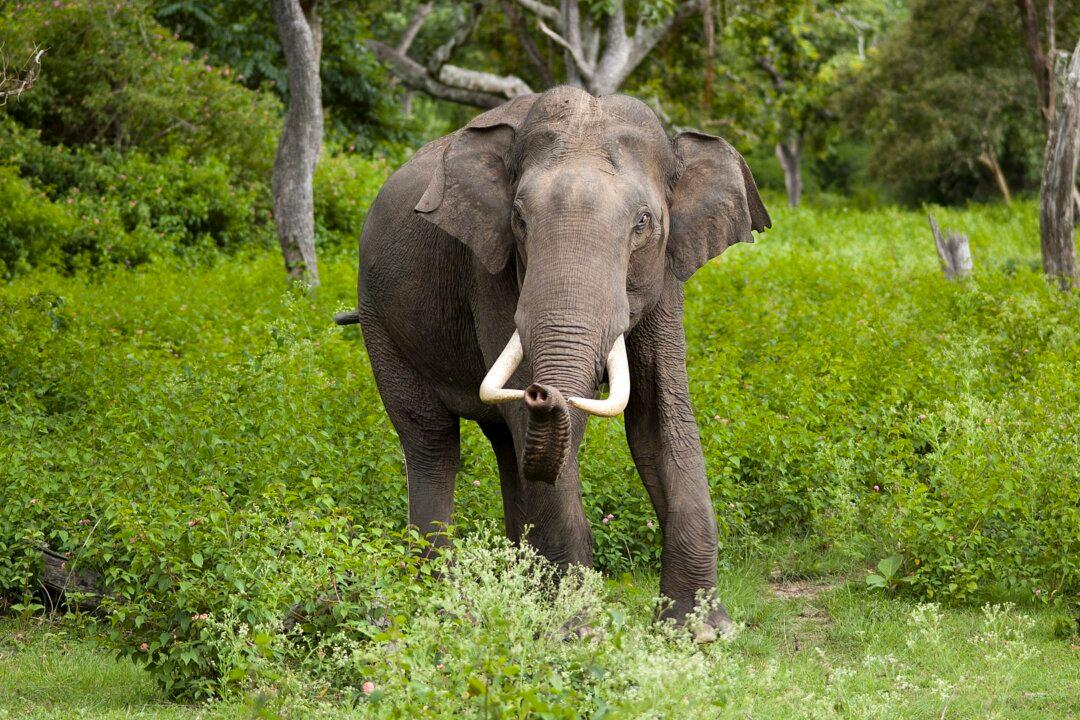G | 1h 52m | Drama, Biopic | 1999
In 1994, widower Alvin Straight drives 240 miles alone, from Iowa to Wisconsin, to visit his brother who’d suffered a stroke. Straightforward story, right? Except—Straight is 73 years old, can’t see well enough to renew his driver’s license, can’t move without walking canes, is diabetic, and has bad lungs. Then there is the small matter of his vehicle of choice.

Straight confesses to some of these strangers that he’d been close to his brother as a child. As they grew to adulthood, however, some combination of vanity, anger, and “the bottle” had separated them, then kept them estranged, silent to each other for 10 years. Now, after grueling weeks on the road, just miles from Lyle’s house, Straight runs out of money. Worse, his Deere engine dies. The barkeep offering directions to Lyle’s house isn’t sure if Lyle’s still around. Is Straight too late?
Unlike other films by director David Lynch, this one’s shorn of gratuitous or graphic scenes of violence and sex. Lynch’s treatment of people and places here borders on the reverential. He isn’t aiming to provoke, shock, or offend. Instead, he lets his protagonist tell a simple, charming story as simply and as charmingly as possible.

Family First
Here, grass serves as a symbol of the family. Grass surrounds Straight—in gardens, in backyards, on sidewalks, on the shoulders of highways, and in wide open fields. Young, short blades grow up alongside old, tall blades just as new, healthy blades replace sickly, dying ones. Each blade is distinct and separate, but together they’re like family—all green. But notice how different one green is from another: light green, dark green, lush green, faded green, even golden green.Straight salutes individuality, which celebrates how different each person is. But he frowns at individualism, which perverts that same uniqueness with a willful aloofness. When he chats by a campfire with a young lady hitchhiker, he alludes to the primacy of family over the individual. He does this more to remind himself than her of how vital family is. He tells of how sticks are stronger and harder to break when bundled than when by themselves. Later, watching twin brothers, mechanics, squabbling over the repair of his lawn mower, he gently chides them with his hard-won wisdom, “a brother is a brother.”

Now older, Straight reveals to younger folks he meets how age has taught him to separate the wheat from the chaff, and to “let the small stuff fall away.” Here, his lawn mower and the grass that surrounds him take on a higher meaning, reflecting his capacity to change, to renew relationships, to heal, and to undo the past.
Relationships, like lawn mowers, are hard to maintain. Straight finds that he must keep cleaning or replacing the mowing deck, air filter, spark plug, oil filter, transmission, blades, and wheels.
Also wiser, Straight no longer believes that misunderstandings or disagreements should overrun relationships. Fraught or fractured relationships, like unruly patches of grass, don’t mend themselves. It is precisely the mowing of old grass that gives way to the new. Sullen silences, like unruly grass, have a habit of growing too old, too big, too fast. Metaphorically, sometimes the best way forward is to take a lawn mower to them.







